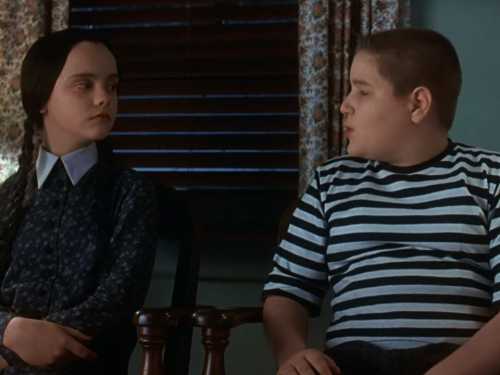
One of the finest writers in English ever to live, Hilary Mantel, has died. If Britain were as grateful for her as it ought to be, there would be another funeral next week, as magnificent as the one for the Queen this week, though it would be attended by different people because Mantel could be rude about royalty. There are not many writers who, like prophets, seize, melt down, and reshape the archetypal stories of their people.
The death of Mantel is not the same as the deaths of most people, because she has been there already. She spent much of her life in the past with the dead—Thomas Cromwell, Henry VIII, Robespierre, inhabitants of her historical fiction. Even her contemporary novels and her memoir are inhabited by ghosts.
“When you’re inculcated with religion at such an early age, or when you’re receptive to it, as I was, you become preoccupied with the unseen reality,” she said when I met with her in 2012. “The next world, to me in my childhood, seemed just as real as the world I was living in. It wasn’t that I had a mental picture of it—it was that I never questioned its existence. When I was very small, I lived with my grandmother at No. 56, her elder sister lived next door, then there was an unrelated person, and then there was the house where her brother Martin had lived with his wife, Harriet, who both died before I was born. But their son still lived there, and it was always spoken of as Martin’s house, and people would say, you know, those are Martin’s chairs, their things were around. My grandmother and her sister spent hours and hours talking every day, they would sit on high chairs on either side of the fireplace, and they would talk in an endless stream about the living and the dead—making, it seemed to me, no distinction between the two. So although I knew Martin and Harriet were dead, I felt as if they were barely dead.”
It was because of this that her historical characters are so viscerally, brutally real. She didn’t imagine them—she saw them. “When I deal with my characters in history, the fact that they’re dead doesn’t seem—it doesn’t seem to obtrude, shall we put it that way?” It was because she had seen them that historical fiction which knowingly falsified the past made her angry. It was a betrayal.
In preparing to meet her, I read all her books, and was startled by how different they were from one another. There was no returning to a familiar world with her—each time she tore up the old into pieces too small to reuse and started again. Even her sequels were in some ways as different from the books they followed as the books of two different writers. This may be why, for all the celebration of her “Wolf Hall” trilogy, too few people have read her many other, equally dazzling books—“Fludd,” “Giving Up the Ghost,” “The Giant, O’Brien,” and “A Place of Greater Safety,” to name just those I love best.
But, of course, for all their differences in language, mood, and form, they were all hers. “There are certain inquiries that run on from book to book,” she said. In “The Giant, O’Brien,” an eighteenth-century Scottish surgeon, John Hunter, “is preoccupied with what happens at the moment of death. He’s immensely frustrated because he doesn’t know where the dead have gone, or how he can get them back. Some of his research was into resuscitation—there’s a thing called the Mammalian Diving Reflex, whereby if people are dropped into very cold water they can sometimes go into a kind of suspension, and long after they would be presumed to be drowned it’s possible to revive them. He was interested in the many people who jumped into the Thames as suicides, and under what circumstances they could be resuscitated. Then the next book is ‘Beyond Black,’ which takes us over the frontier, and says, This is what happens after you die, at least according to the medium”—the main character, an unhappy necromancer named Alison. “So we’re pursuing a line of inquiry here.”
She pursued that line of inquiry all her life, and so I picture her now in the next world, meeting face to face at last the historical figures she mourned when they died in her books, asking them to tell her what actually happened at those crucial moments when the archival record failed her. She was always able to see into the next world, and told us what she saw there, but most of us cannot, so in losing her we have lost that channel. We can only reread her books, and say to people born in the future that we were alive at the time of Hilary Mantel. ♦
Sourse: newyorker.com






